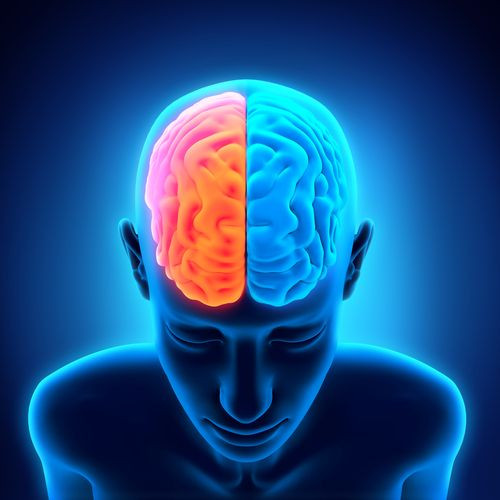Decisions, Decisions: How The Brain Chooses To Shift From Strategic To Random Behavior

Do you sometimes get the feeling that you just don’t learn from experiences and keep repeating past mistakes? Though our brains are wired such that we base our decisions based on previous experiences, sometimes our brain just wants to be random. And it does this by temporarily disconnecting information about past experience from decision-making circuits, thereby triggering random behavior.
To check this hypothesis of random behavior, scientists from Howard Hughes Medical Institute's Janelia Research Campus conducted experiments on rats, where they had to compete for a food reward. They found that the rats behaved strategically most of the time, but when encountered with a hard-to-beat opponent, switched into a random mode. When the animals got stuck in a random-behavior mode, the researchers could bring them back to normal by activating certain areas of the brain. The scientists published their results in the journal Cell Thursday.
From the experiment, the scientists concluded that learning from past mistakes is what the brain excels at. But sometimes it switches into the random mode. And it’s not always such a bad deal, they say. For example, in the wild, an animal has a better chance to escape a predator if it moves randomly. And when encountered with new situations, it’s better to proceed at random than a set path.
Some scientists believe that the brain may have a way to temporarily switch off influences from past experiences so that behavior can proceed randomly. But not all agree, according to study head Alla Karpova, who says in a statement, “They argue that it's inefficient, and that it would be at odds with what some people call one of the most central operating principles of the brain – to use our past experience and knowledge to optimize behavioral choices.”
The researchers then decided to create a situation, which would force the animals to switch to a random behavior. They did this by placing rats in a competitive setting in which a computer-simulated competitor determined which of two holes in a wall would provide a sugary reward. The virtual competitor, whose level of competence was varied by the experimenters, analyzed the rats' behavior to predict their future choices.
"We thought if we came up with very sophisticated competitors, then the animals would eventually be unable to figure out how to outcompete them, and be forced to either give up or switch into this [random] mode, if such a mode exists," Karpova said.
As expected, when faced with weaker competitors the animals made strategic choices based on the outcomes of previous trials. But when a sophisticated competitor made strong predictions, the rats ignored past experience and made random selections in search of a reward. To check how exactly animals switch from predictable to random modes, the scientists conducted some further experiments. They suspected that a part of the brain called the anterior cingulate cortex is involved in this switch. By manipulating a certain hormone called norepinephrine in the anterior cingulate cortex, the scientists could change the mode the animal operated in.
Specifically, increasing norepinephrine in the region activated random behavior and suppressed the strategic mode. Inhibiting release of the hormone had the opposite effect.
The scientists also noted that the animals continued to behave randomly even when such behavior was no longer advantageous. This behavior is similar to a condition called learned helplessness in humans. This is a mental state, in which a person is unable to escape a painful situation even if an opportunity presents itself because previous experiences with that particular situation had been unavoidable. In other words, the condition arises due to a perceived absence of control over the outcome of a situation.
In the above experiment, the scientists could release the animals from the “stuck” state by suppressing the release of norepinephrine in the anterior cingulate cortex.
"Just by manipulating a single neuromodulatory input into one brain area, you can dramatically enhance the strategic mode. The effect is strong enough to rescue animals out of the random mode and successfully transform them into strategic decision makers," Karpova said.
These findings may help in developing therapeutic strategies for conditions like learned helplessness, say the scientists.
Source: Karpova A, Tervo G. Cell. 2014.
Published by Medicaldaily.com



























